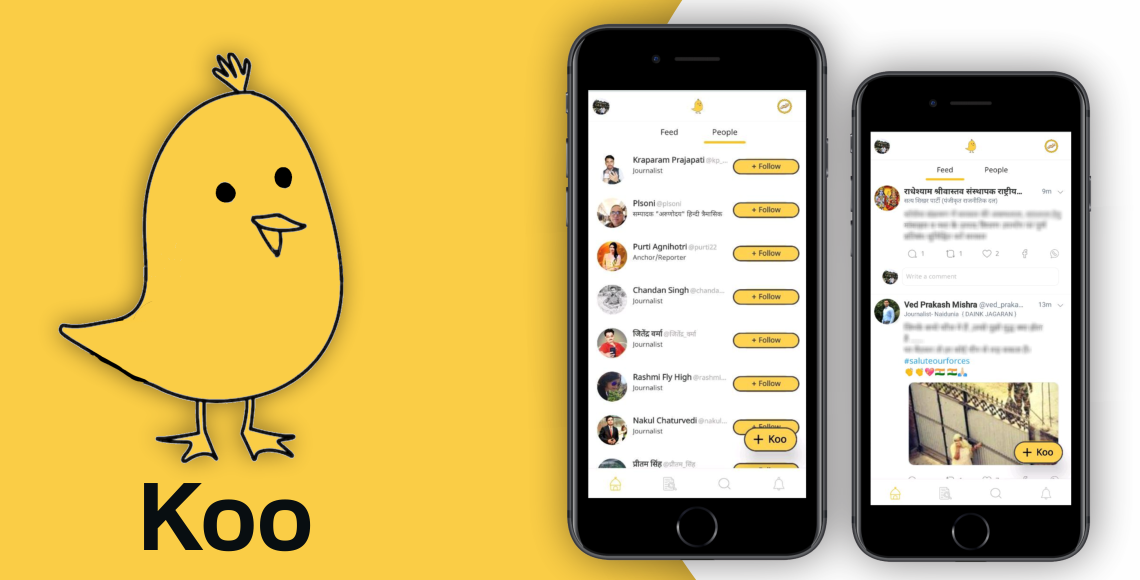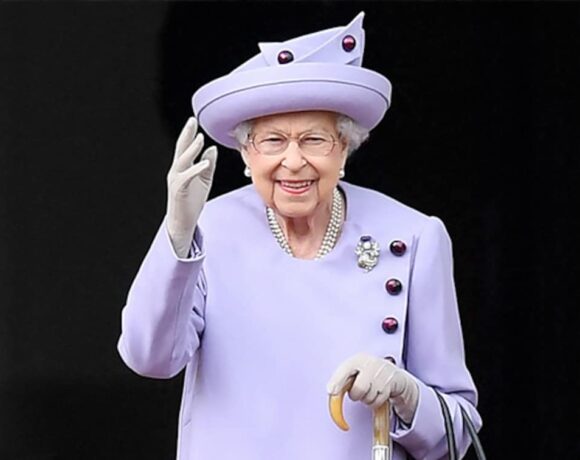Koo, Twitter’s Rival In India, Tests Giving Users Power To Self-Verify

As the competition for millions of first-time users heats up, Koo, the microblogging and social networking app for Indian languages, hopes to one-up rival Twitter Inc. by allowing users to self-verify their profiles.
A verified profile on social media sites like Twitter and Instagram, which is usually indicated by a badge or tick next to the profile name, lends credibility to the user because it means the service has confirmed the person’s authenticity. Celebrities and other influencers frequently use verification badges, and obtaining one can be difficult and time-consuming.
According to Koo, which is backed by Tiger Global and Accel, the process has been simplified by allowing users to self-authenticate. Users link their accounts to a unique biometric number from the Indian government’s digital identity database, Aadhaar, which is similar to a Social Security number in the United States, under the new process. The verification is then activated by sending a password to a mobile phone associated with the Aadhaar number. It usually only takes a few minutes.
“Automated bots, fake accounts, and anonymous trolling are the biggest banes of microblogging sites,” Aprameya Radhakrishna, Koo’s co-founder and chief executive officer, said via Zoom. “The goal of this voluntary self-verification feature is to make social media safer and more authentic.” Koo, which launched in March 2020, has around 30 million users, and the self-verification system will give the content they share more credibility. On platforms like Twitter and WhatsApp, fake accounts, toxic content, and misinformation abound in India’s social media. Green ticks will appear on the profiles of those who self-verify. Bombinate Technologies Pvt., a Bangalore-based startup, has a separate yellow tick programme for eminent users such as cricketers, Bollywood stars, and government ministers.
The app is available in ten Indian languages, with a dozen more on the way as more regional users gain access to the internet. The app is also available in Nigeria, which is being used as a test bed for international expansion. Radhakrishna claims that the green ticks will “democratise self-verification” and shorten the process. “Advertisers will prefer a social network with real people, not bots,” he said, adding that they will improve the platform’s authenticity over time. Koo plans to release its algorithms to the public later this week, in yet another social media first. They’ll explain how Koo users get their feed, how it suggests people to follow, and how it creates hashtag trends.
Picture Courtesy: Google/Images are subject to copyright








